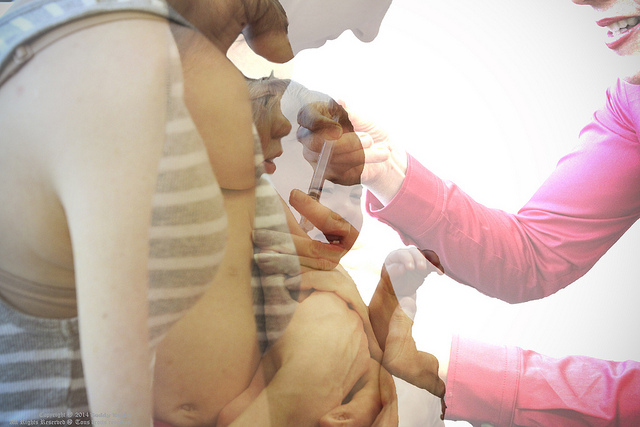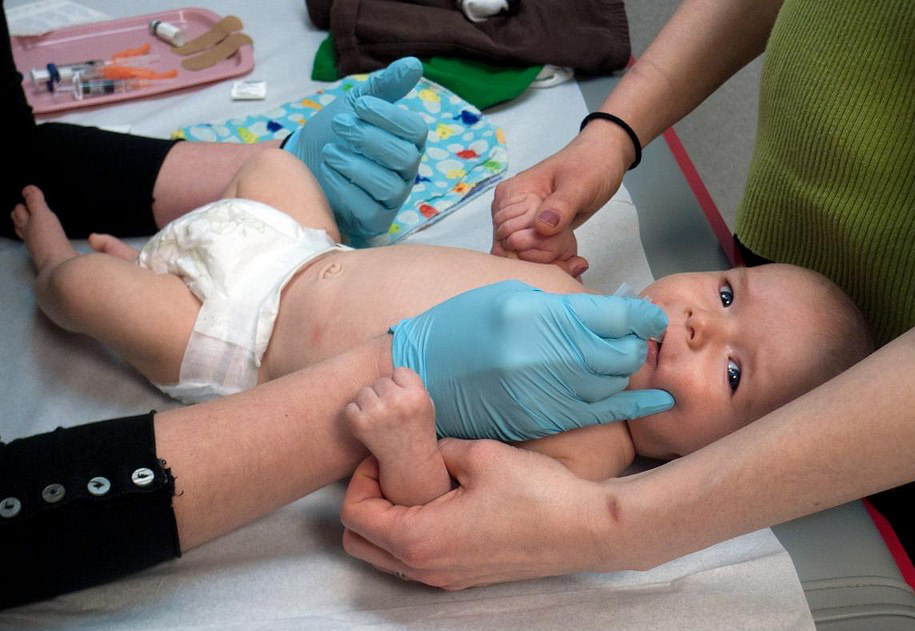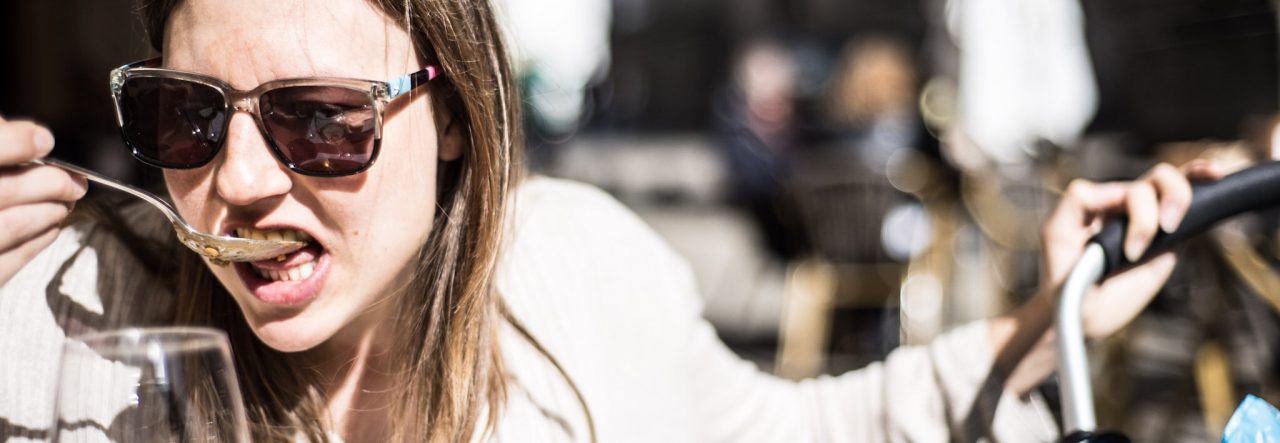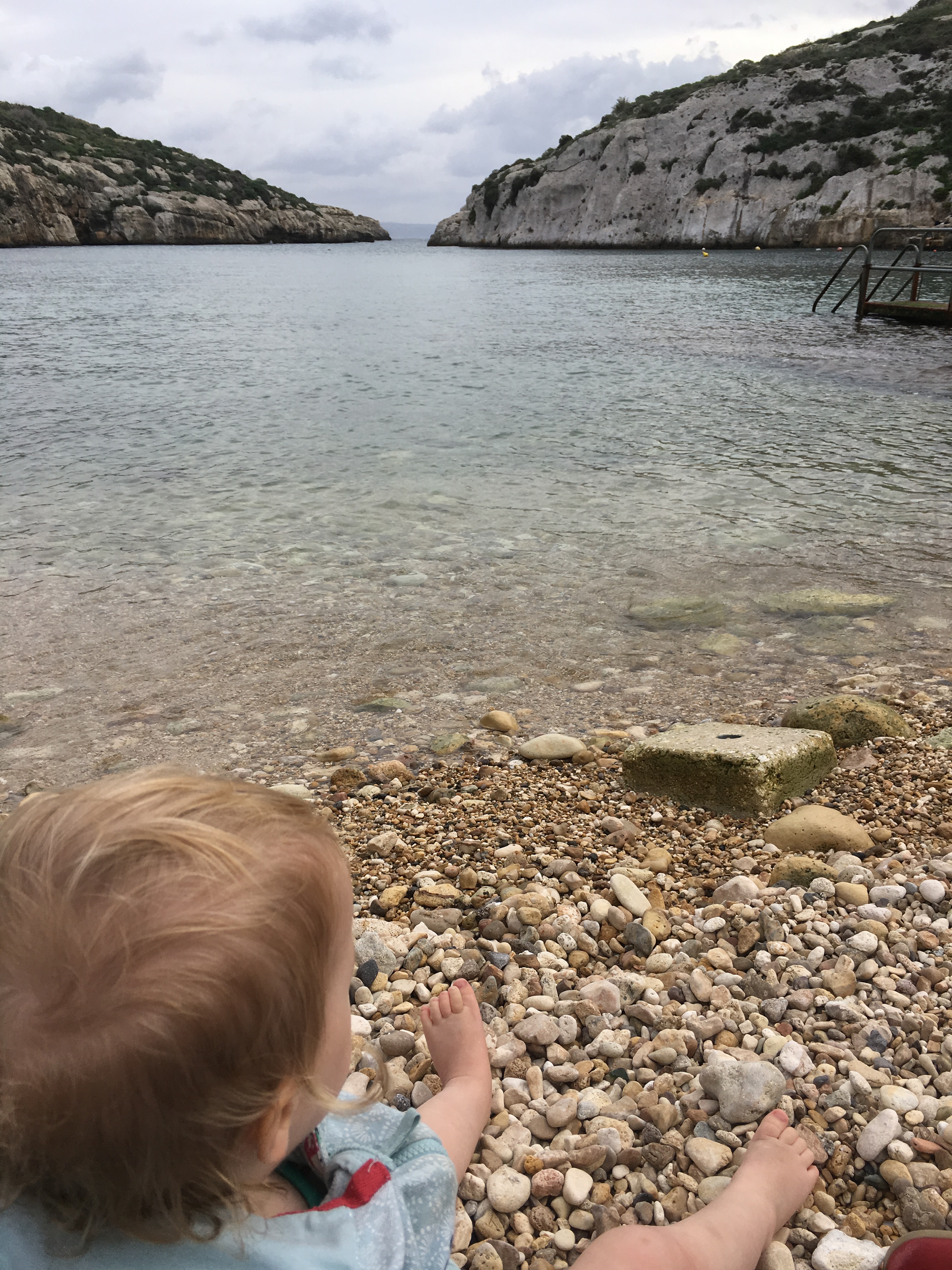The good news is that the standard vaccinations your baby will receive at the age of two months, three months, four months and 12 months will protect her from a lot of the diseases you might come across when travelling. That said, there are of course plenty of further flung destinations for which additional travel vaccinations are recommended. The advice for older children, as for adults, is to make an appointment with your GP or practice nurse six to eight weeks before departure to ensure that everyone is up-to-date with travel vaccinations, but for babies and toddlers it’s worth having that conversation before you book the trip as some vaccines can only be given above a certain age.
Here are a few common travel vaccines and antimalarials, along with their lower age limits (helpfully provided by a doctor friend – thanks Anna!), that I hope might be helpful for the purposes of advance trip planning. For example, if hepatitis A is a major risk in a destination you’re considering visiting, but your baby is less than a year old, you might want to postpone that particular trip until she’s old enough to be vaccinated for hepatitis A. It’s important to stress here that I’m not a medical professional so this information is for guidance only.

Travel vaccines:
Hepatitis A – from 12-months-old
Typhoid – from 24-months-old
Yellow fever – from six-months-old; given between the ages of six and nine months only during major outbreaks
Japanese encephalitis – from two-months-old
Combined measles, mumps and rubella (MMR) –from nine-months-old
Antimalarial medications:
Malarone – not recommended for children weighing less than 11kg
Doxycycline – not recommended for children
Mefloquine (Lariam) – not recommended for children weighing less than 5kg
Travelling without vaccinations

If you want to travel with your baby before she’s received the standard NHS vaccinations, it’s a matter of weighing up the risks of the trip against its benefits. When planning our first proper adventure with the baby girl – to the northern Spanish city of Santiago di Compostela when she was six-weeks-old – we reasoned that although she would not have been immunised by the time of the trip, she was at no higher risk of infection in Santiago than she was in London. By the time of our next adventure – 10 days in Goa a few months later – we had to do that risk/benefit calculation again as we considered the dangers of taking the baby girl away before she had received the combined measles, mumps and rubella (MMR) vaccine. Again, we decided that the destination didn’t present very much of an increased risk, so away we went.
In the case of trips to destinations where a particular disease is a risk but a vaccine isn’t available, talk to your doctor or nurse about preventative measures. This might mean only drinking and brushing your teeth with bottled water, for example, or protecting against mosquito bites with the help of repellents and nets. I’ll be covering how to deal with mosquitos in an separate post – sign up for the mailing list so you don’t miss it.

